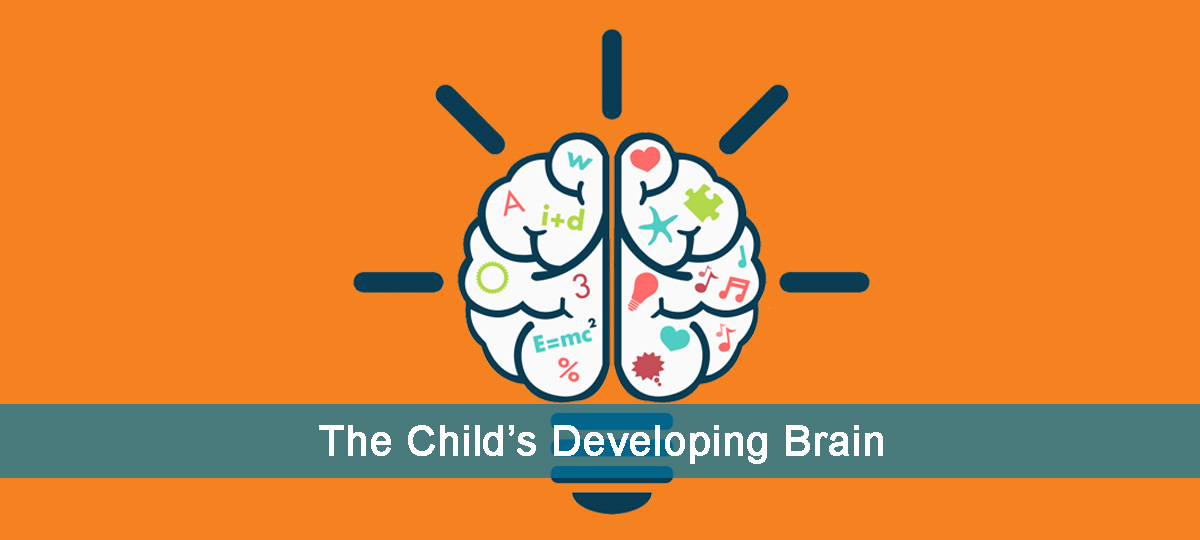Children bring joy and laughter to our lives, there’s no doubt about it. They can also present the adults in their lives with many challenges as they grow and learn about the world around them and where they fit into it.
Whether you’re a parent of a young child or you work in early childhood, there are many strategies you can use to get the best out of children.
We’ve all heard that a child is like a sponge and when you spend time around young children you probably know just how true that is! (Even if they can be sponges with selective absorption at times!)
Research over decades has continued to make it really clear that the first five years of a child’s life are when the major wiring of the brain takes place. Meaning, those first five years can have a big impact on the next five, 15 or even 50 years.
With so much developing going on, the brain of a young child is a busy place and also a very special place. That’s why we need to take time and care to understand how children learn. This is something we will be paying close attention to at our upcoming free event for parents.
Understanding a Child’s Learning
As caretakers of young children – both parents and educators – we must educate ourselves on the developmental changes a child is experiencing at each different stage. Often what some adults may view as naughty or bratty behaviour will actually stem from a developmental stage.
This government resource outlines some of the skills children will learn from 0-12 months, 1-3 years, 3-5 years and 5-8 years of age. It can be a useful guide to add to our knowledge bank and really can help us with seeing the world through a child’s eyes.
Approaches to Early Childhood Education
Many parents have an idea of what sort of program or approach to early childhood education they prefer… We believe a holistic approach is always the best approach when it comes to early childhood and we aim to incorporate elements of three of the most prominent early learning approaches.
At our free parent Information Night on Wednesday 16 November (open to any parents who would like to attend) we will be covering these three main approaches: Montessori, Reggio Emilia and Howard Gardner’s Multiple Intelligences Theory. You can read more about these at the end of this blog.
The impact on children from the empowering nature of these approaches can be quite amazing, which is why they are at the heart of our own approach.
Strategies for Tackling Challenging Behaviour
When we equip ourselves with knowledge and understanding then we have the power to think critically about a child’s behaviour.
Going back to our holistic approach, the types of strategies we employ to work through challenges with children and their behaviour involve a focus on the overall wellbeing of the child.
Our methods will often be trying some new and tackling the behaviour in a natural, gentle way focusing on neurochemicals, engagement and effective release of energy.
If you’re a parent of a child or children under 6 and you’re ready to make a plan to work through challenging behaviour and bring out the very best in your child, please feel free to join us at our hands-on, practical and informative free event from 7.30pm-9pm on Wednesday 16 November 2016 at 49 Laura Street, Aspendale, Victoria 3195. Please register for catering purposes via this link: http://bit.ly/2eGtPnK
A Quick Guide
Getting to Know Montessori, Reggio Emilia and Multiple Intelligences Theory:
Montessori is an approach that aims to support the development of the whole child. Broadly, the Montessori approach considers education as an “aid to life”, and has a lengthy track record of success – more so than any other educational approach. The Montessori goal is to inspire children to have a lifelong love of learning that follows their natural learning direction. It enables children to become confident, independent and responsible learners.
Reggio Emilia is an approach that values the child and views them as capable and curious – able to discover the world on their own as driven by their own interests. Playing, asking questions, investigating and exploring the world – these are at the heart of the Reggio Emilia approach. The adults are viewed as mentors and guides and learning experiences are born of a child’s natural curiosity, described as child-led.
Howard Gardner’s Multiple Intelligences Theory is based on the belief that there are seven ways people perceive the world. The predominant message to take from the Multiple Intelligences Theory is that we must deliver a range of different types of learning experiences to ensure that all children are learning no matter which learning style theirs happens to be.

